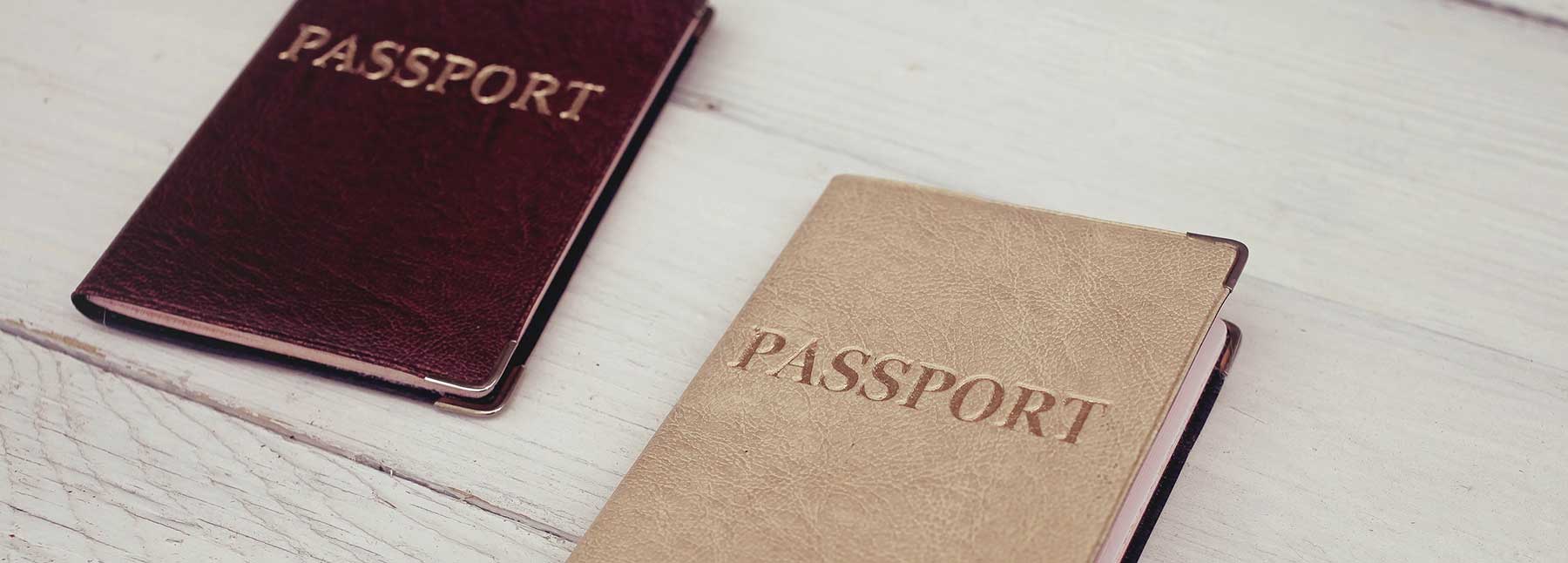Have you been living for some time in a different country from where you were? You may have travelled to your new home on expat assignment but decided to stay. Now it feels more like home than your country of birth. If you are already a permanent resident there may be an option for you to become a full citizen. Becoming a citizen of your adopted country usually offers a host of benefits including the right to vote and access to social and healthcare services.
What is dual citizenship?
How do people become dual citizens?
There are three primary ways that people become dual citizens:
Birth: some countries including the USA grant children born in another country to US parents with citizenship.
Marriage: dual nationality can also be achieved by marrying a citizen from another country. It is worth noting that in most instances the spouse has to wait a number of years and meet other criteria before they will be granted citizenship.
Naturalisation: this is a process to become a citizen when a person has been resident in another country for a certain length of time in addition to other criteria which will vary by country.
What countries allow dual citizenship?
You can find a full list of countries that allow dual citizenship but some of the largest include:
- Argentina
- Australia
- Canada
- Costa Rica
- France
- Mexico
- Spain
- Russia
- United Kingdom
- United States
What are the advantages and disadvantages of dual citizenship?
Dual nationality provides many benefits but it also places additional obligations on you to comply with regulations in both jurisdictions. Some of the advantages of counting yourself among the citizens of more than one country include:
Two passports
As a dual citizen you can have a passport from both countries. This is beneficial when travelling from and to these countries as you can avoid lengthy customs queues and queries about your visit. It also grants you the right to enter both countries. Finally, you can choose which passport to use when travelling so you benefit from any agreements a country has with other nations. For example, if one of your passports is that of an EU member state you can travel freely to other member states using it.
Privileges
As a national of two countries you have the right to live, study, work and access the public services offered by both countries. You can also vote, and you may be able to run for government, depending on local laws, in either country.
Purchase property
Some countries only allow citizens to purchase property. Although you may have lived in your new home for a long time, you may not have been able to own a home. Becoming a dual citizen may open this option up to you.
There are also obligations and potential down sides you need to be aware of when it comes to becoming a dual citizen.
Complexity and cost of process
Depending on your circumstances and the country you wish to become a citizen of,
the naturalization process may be complex, bureaucratic and expensive. Be prepared for many meetings, forms to complete and long waits for responses. It may be worth speaking to a professional immigration consultant to avoid wasted time and ensure you are following the procedure correctly.
Taxation
Taxation may be more complicated for you. As a dual citizen you might have to file taxes in both jurisdictions. You may also owe tax to both governments. For example, the US charges citizens for tax earned anywhere in the world unless there is a specific treaty with a country to avoid this. Speak to a tax expert so you are aware of your obligations.
Bound by laws of two countries
You must follow the laws and regulations of both countries which sometimes leads to unexpected conflicts. For example if you are a US citizen with dual citizenship of another country that has mandatory military service you may forfeit your US nationality under certain circumstances. This is a complex and nuanced area that an immigration lawyer can advise on.
Like any legally binding process it is important that you have as much information as possible before becoming a dual national.
In the meantime, protect your health and wellbeing while living in your new home with international health insurance. This will allow you to access private health care without the need to be a citizen.



